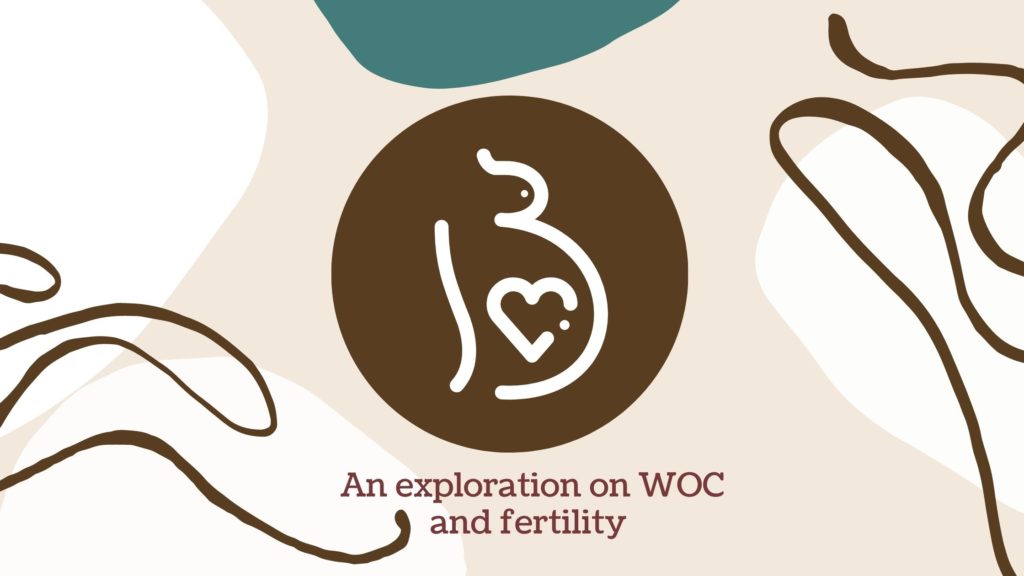Pride & Prejudice OR Pregnant & Prejudice?
Embarking on the journey to single parenthood has made me realize progressive science is not synonymous with progressive ideology. People of color, singles, and same sex couples have many hurtles to overcome in the pursuit of fertility including discrimination in the medical community. Recently I asked a friend who had successfully undergone fertility treatment with her same sex partner if she felt she had experienced prejudices while participating in the process and she responded with a resounding “YES’’! I think it is a plausible theory that most nontraditional couples or singles will experience some form of discrimination during the fertility process. Treatment and ‘proper’ family planning was likely created with heterosexual couples in mind but like most things, over time it evolved into a viable option for others like myself.
In my blog post ‘Get yo fertility screening’ I briefly discuss my first consultation with a fertility physician at an esteemed teaching hospital. It was apparent that the doctor had a moral dilemma with my request to seek fertility assistance as a single woman. In an effort to project her values on to me the doctor insisted I consider other options such as freezing my eggs while waiting to be married. I was completely mortified by the mere suggestion that her personal values had a place in my consultation. It was important for me to remember that doctors are human too and therefore, capable of bringing their unconscious (and sometimes very conscious) biases into the workplace. Make sure to do your research and advocate for yourself when deciding on a doctor. In the end I was able to find a progressive physician who not only supported my decision to get pregnant but strongly encouraged me to explore all options, single or otherwise. My doctor developed a comprehensive plan based on facts and my biological metrics that was flexible enough to incorporate variables like meeting a mate in the future. I got lucky.
However, that is where my luck ran out. I learned I had a fibroid during my initial fertility screening. It was only then that I discovered how common fibroids are among women of color. According to episode 62 of the ‘This is Infertility’ podcast, 80% of women will be diagnosed with fibroids and of those women, most will be black women. Also, the podcast episode mentioned there is no proven method to prevent fibroids and in some cases fibroids may lead to infertility. This led me to believe that there may be a deficiency in the medical community when it comes to research. I pondered on why women of color were not routinely screened for fibroids given the fact we are the most impacted. It is not enough to know that it is a common condition especially if this condition may be disproportionally causing infertility in our community.
Another area of vulnerability that is disproportionately impacting women of color is the maternal mortality rate. Pursuant to the CDC approximately 700 women die each year in the country as result of pregnancy and delivery complications. These deaths are FOUR to FIVE times more likely to occur among women of color when compared to white women. Many advocates believe this disparity is due to systemic racism in the medical community. Currently there is a campaign called ‘Hear Her’ which is designed to address some of the preventable pregnancy related deaths. Personally, I do not think we can truly mitigate the risk of maternal mortality if we do not address racism in the medical field.
In closing this article is not an attack on science or the medical community but rather a call to action. I am grateful for our doctors, nurses, medical staff, first responders, and the people in the lab researching ways to eradicate illness and extend our quality of life. However, the job cannot end there. There has to be a concerted effort to end racism and prejudices in all areas but especially in the medical field. Unlike any other industry prejudices in the medical community can lead to a fatality. All doctors should want to render adequate medical care to their patience regardless of race, creed, socioeconomic background, marital status, gender, or sexual orientation.
